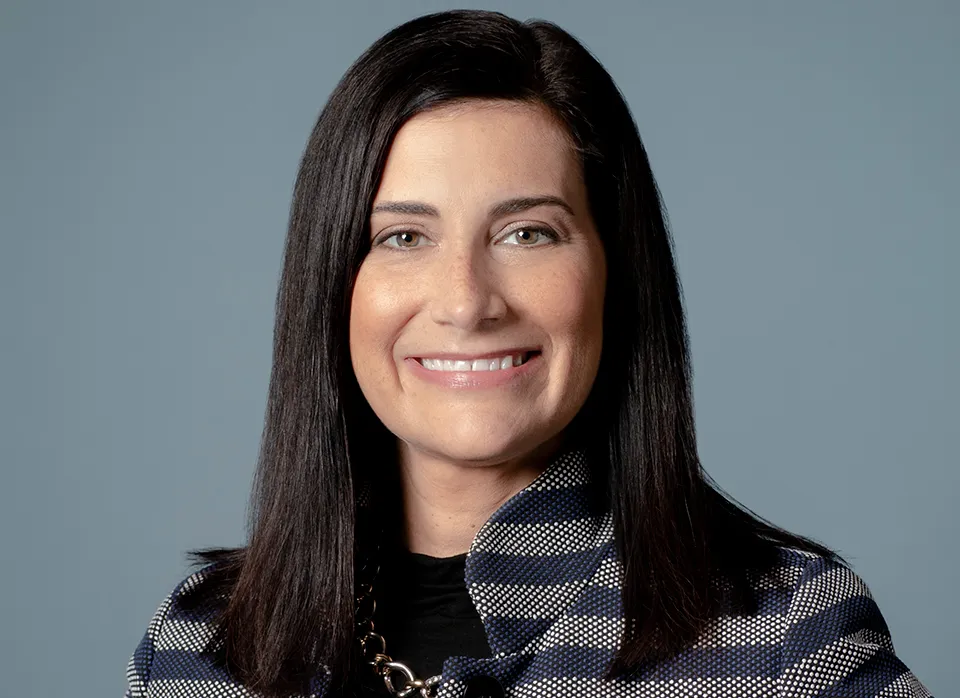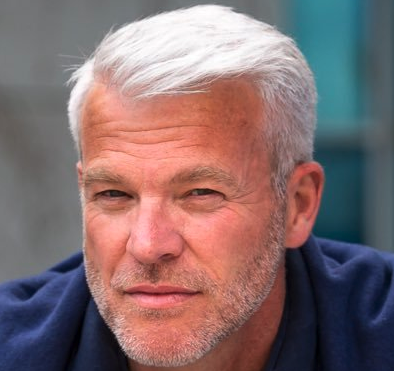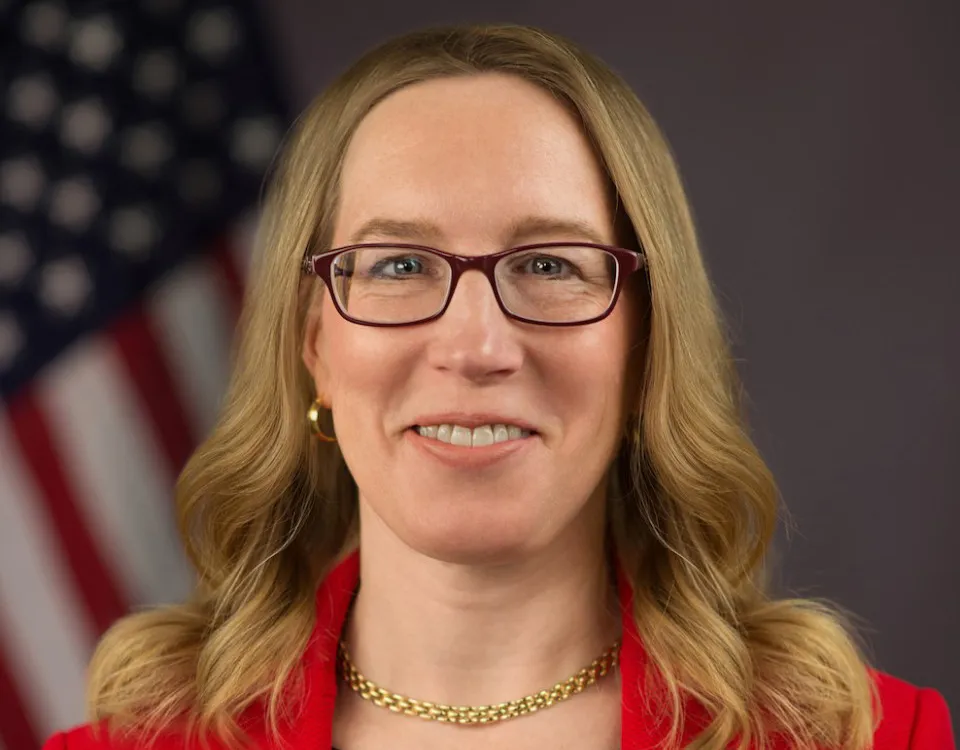Capital Markets
Our surveys, reports, and accreditation programmes identify the market leaders and winning strategies across the full capital formation lifecycle, including M&A, Equity and Debt Capital Markets, and FX.
Best practices

The Middle East DCM Playbook 2025
How banks are capturing the Middle East debt market opportunity
Investment banking
Market insights

Capital markets
Time to shine: Can Europe’s capital markets take centre stage?

Capital markets





